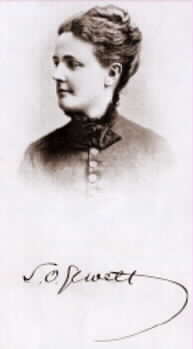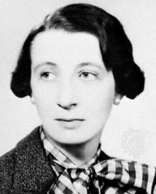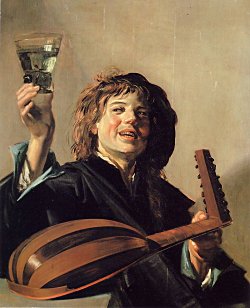 This morning in Seattle the sky is paper white. Coming in to the bookstore, Brooklyn Ave., as I cross it, disappears at either end in a fog as dense as pipe-smoke. At this hour of the morning -- early for a Saturday -- University Way is empty but for baggy-kneed runners and a very small lady walking a very small dog. The occasional crow with a bagel too large to be lifted from the gutter semaphores threats to rival diners real or imagined. The air burns just a little with each breath taken.
This morning in Seattle the sky is paper white. Coming in to the bookstore, Brooklyn Ave., as I cross it, disappears at either end in a fog as dense as pipe-smoke. At this hour of the morning -- early for a Saturday -- University Way is empty but for baggy-kneed runners and a very small lady walking a very small dog. The occasional crow with a bagel too large to be lifted from the gutter semaphores threats to rival diners real or imagined. The air burns just a little with each breath taken.Now this is Winter in Seattle, as I've come to enjoy it. Not that mess of snow and ice we had in December. This, this is what winter weather is meant to look and feel, and even smell like in the greatest city in the Northwest.
Someone, and I think we all know who I mean, still has a great deal of explaining to do. Cliff Mass (his very name suggesting geologic time and the grand mutability of nature,) will be here at the bookstore today at 1PM to sign his book, Weather of the Northwest. Cliff Mass, our local weather Magus and hero of the booksellers' Christmas. Drop in to get a signed copy and tell him about the sand in the streets and the rain in the Scablands.
















